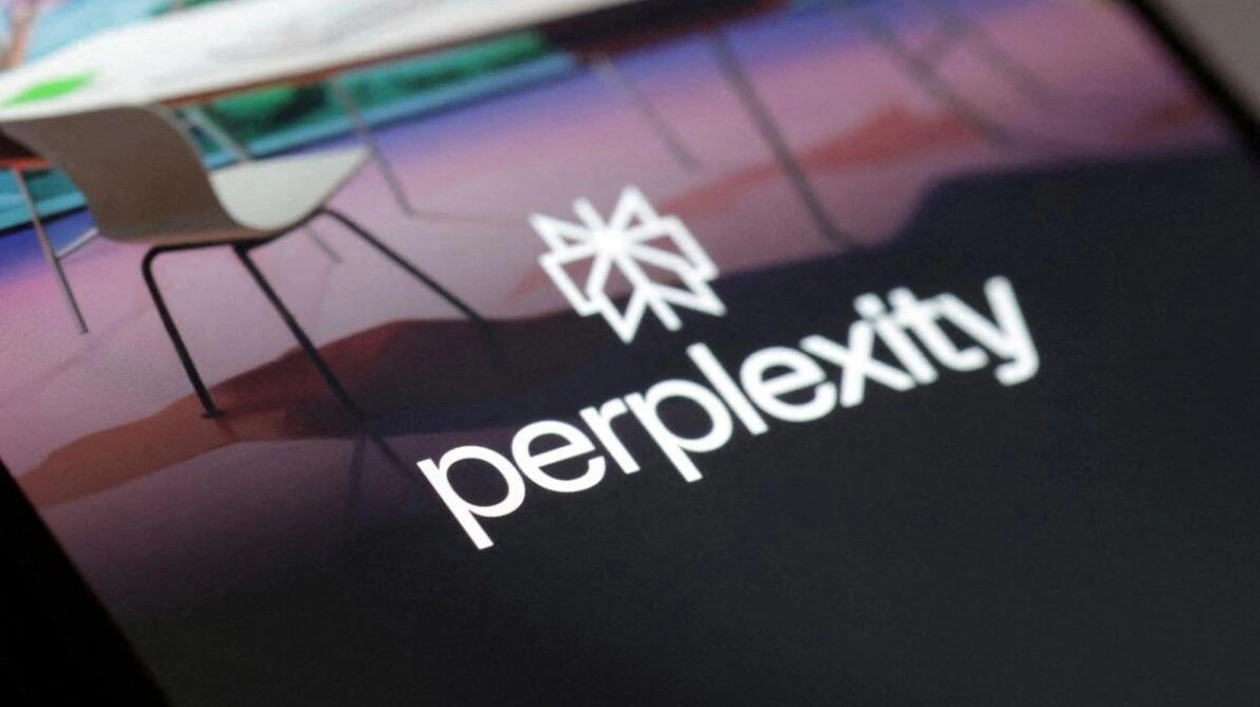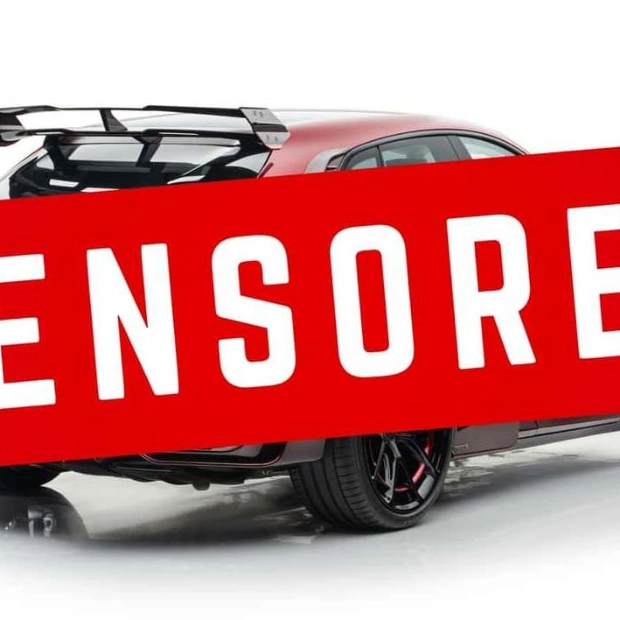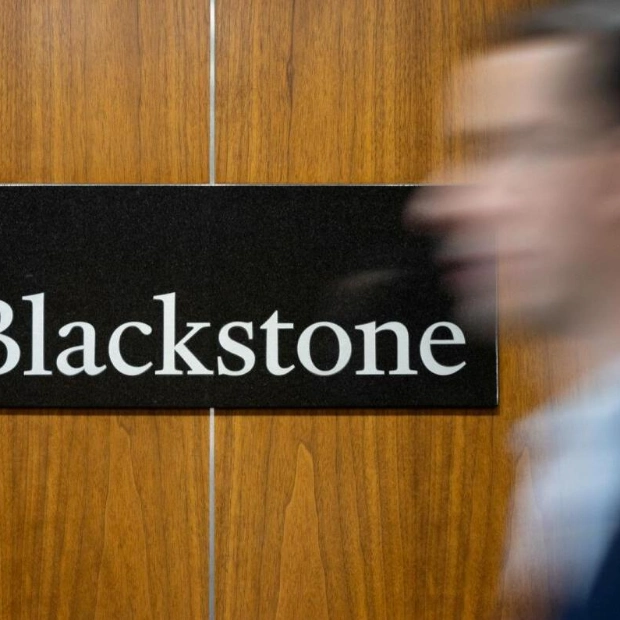Media mogul Rupert Murdoch's Dow Jones and the New York Post have filed a lawsuit against Perplexity AI, alleging that the AI startup engages in 'massive illegal copying' of their copyrighted content. This legal action is the latest development in the ongoing conflict between publishers and tech firms over the use of copyrighted material without permission to develop and operate AI systems.
Perplexity's search tools allow users to obtain instant answers to queries with sources and citations, powered by various large language models (LLMs) including those from OpenAI and Meta's open-source model Llama. The lawsuit, filed in the Southern District of New York, accuses Perplexity of competing for readers while 'freeriding' on the content produced by the publishers.
The news organizations argue that their journalists work under tight deadlines and unpredictable conditions to deliver high-quality news, which is essential for their revenue from advertising and subscriptions. They claim that Perplexity's AI-generated 'answer machine' has ingested their copyrighted news stories, analysis, and opinions into an internal database used to generate responses to user queries, thereby acting as a substitute for other news sources.
Dow Jones and the New York Post allege that Perplexity has copied 'vast' quantities of their work into a database that employs a technique known as retrieval-augmented generation (RAG) to answer user queries. The lawsuit claims that Perplexity's responses sometimes reproduce content verbatim, constituting unlawful copyright infringement.
News Corp CEO Robert Thomson stated that Perplexity's actions harm journalists, writers, publishers, and News Corp. He accused Perplexity of willfully copying copious amounts of copyrighted material without compensation and presenting it as a direct substitute for the original source.
The lawsuit seeks to prevent Perplexity from using their news articles to provide answers and to destroy any database containing their copyrighted work. News Corp joins other publishers who have sued AI companies for copyright infringement over unauthorized use of content.
Earlier this month, The New York Times sent Perplexity a 'cease and desist' notice demanding an end to the use of its content for generative AI purposes. Perplexity has also faced accusations from media organizations like Forbes and Wired for plagiarizing content but has since launched a revenue-sharing program to address some concerns.
Some publishers are entering into licensing agreements with AI companies willing to pay for content, though disagreements often arise over the value of the materials. Many AI developers argue that they have not broken any laws by accessing content for free.
In May, News Corp announced a multi-year partnership with OpenAI, with Thomson praising the tech company for understanding the importance of integrity and creativity in realizing AI's potential. While Perplexity has faced the most scrutiny for its RAG practices, it is not the only AI company circumventing a common web standard used by publishers to block content scraping, according to content licensing startup TollBit.
Source link: https://www.khaleejtimes.com






